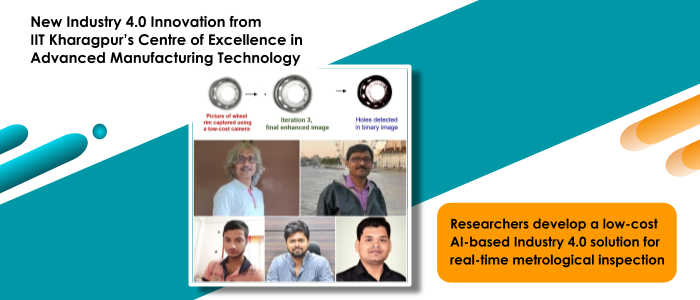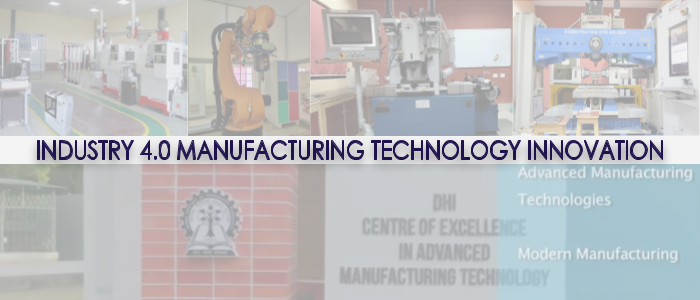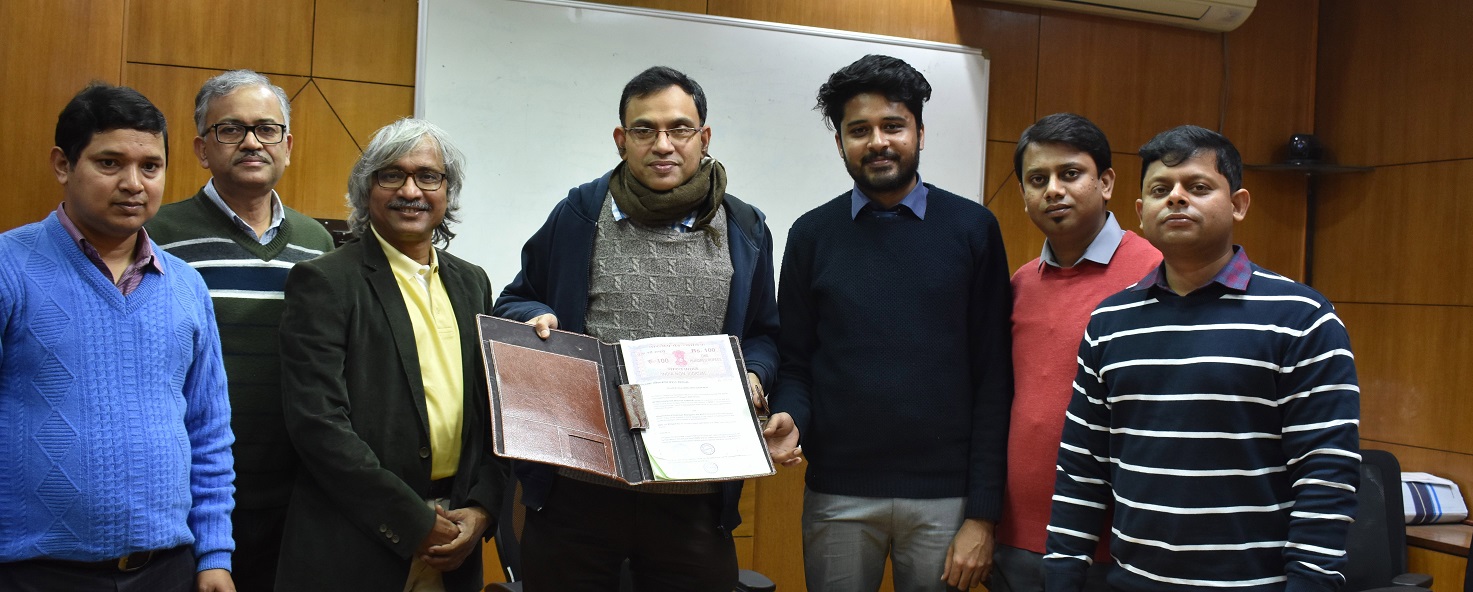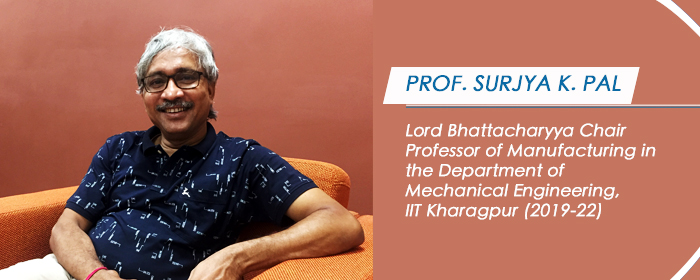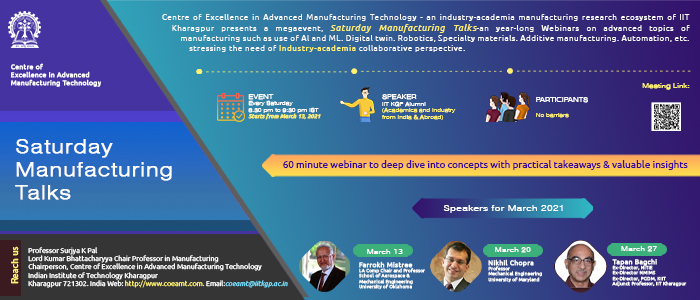
Saturday Manufacturing Talks by CoE in Advanced Manufacturing Technology
The Centre of Excellence in Advanced Manufacturing Technology of IIT Kharagpur is conducting a mega event titled "SATURDAY MANUFACTURING TALKS". Join Online Every Saturday, from 8:30 to 9:30 pm IST https://iitkharagpur.webex.com/iitkharagpur/j.php?MTID=m00ba321c9f62cf6aeb29a33edab1b210 It is planned to be a year-long series of webinars on topics of advanced manufacturing. It will stress the need for an industry-academia collaboration perspective. The topics include but not limited to : - Robotics, Automation, and Use of AI and ML in manufacturing - Simulation in manufacturing - Specialty materials in manufacturing - Additive manufacturing - AI in Supply Chain - Design of Experiments in engineering Watch Video…

